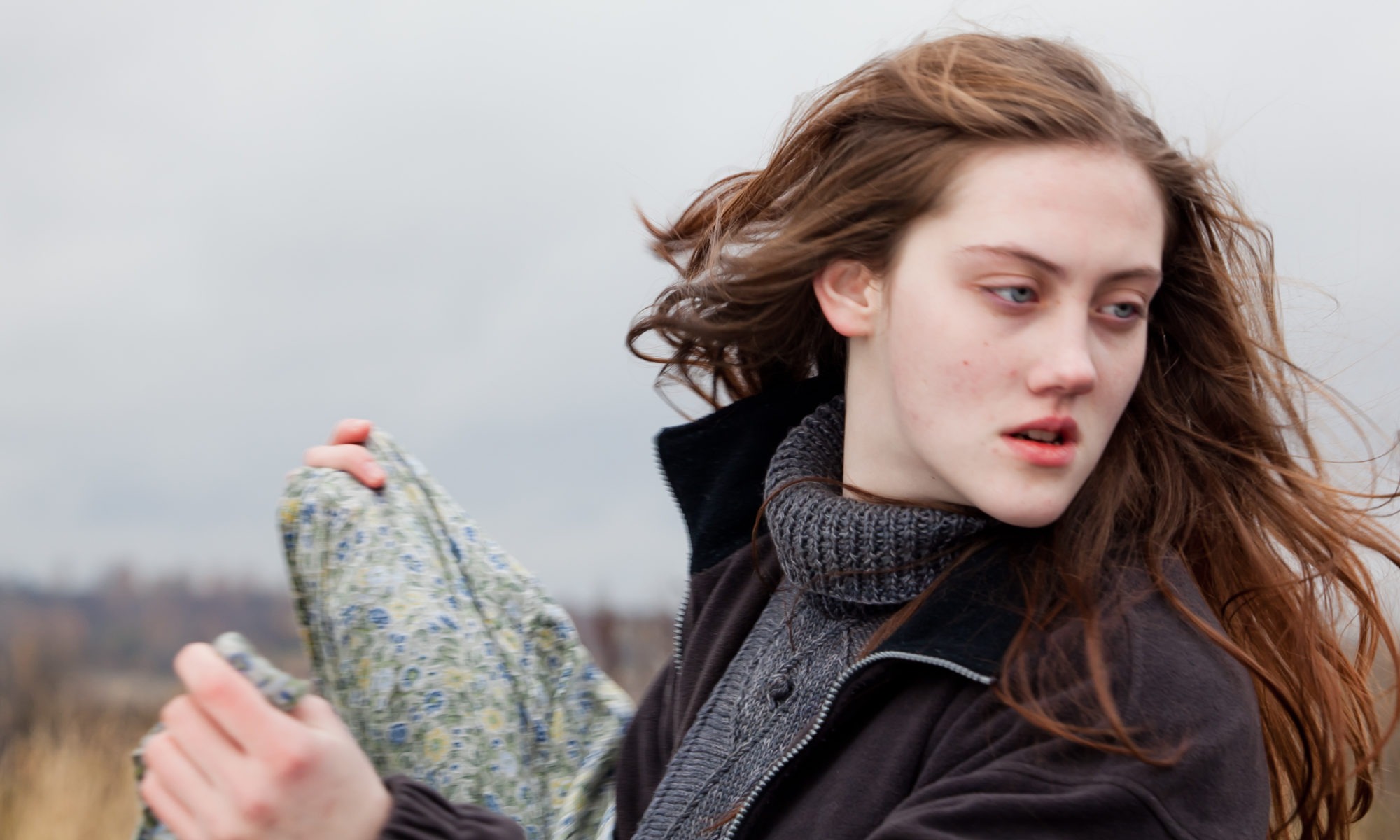We are delighted to present The New Social, our new programme of film screenings and talks that will kick off this October with the UK premiere screening of Bulgarian / Romanian co-production Viktoria, directed by Maya Vitkova.
The New Social takes a sweeping look across Russia and the former Soviet republics to uncover how new social identities are being played out on film in the post-socialist era. Last year marked the 25th anniversary of the fall of the Berlin Wall. Twenty-six years have passed since the beginning of the collapse the USSR and east European socialism, yet its remains still haunt the present. At once both repugnant and yet retaining a palpable sense of nostalgia, this past must be constantly navigated in an effort to build and sustain new identities, whether private or public, individual or collective.
The films in this programme, many of which have been picked directly from the international film festival circuit and will be being screened in the UK for the first time, focus on authentic, personal storytelling by emerging and established filmmakers. Often magical, touching and funny, sometimes weird and uncanny, The New Social probes the myriad ways in which these regions – from Hungary and the former Yugoslavia to Russia and Kazakhstan – circumvent the past to create a fresh, new present, and explores what happens when the past refuses to give up its grip and disappear.
The New Social is organised by Evgeny Gusyatinskiy, Olya Borissova and Anya Harrison (more about curators).
Film Screenings:
Wednesday 21 October
Viktoria, dir. Maya Vitkova, 2014 (Bulgaria / Romania)
Dreaming of the west, Boryana is determined not to have a child in communist Bulgaria. Her desire is thwarted however by the birth of her daughter Viktoria, who resolutely and determinedly enters the world in 1979. Born without an umbilical cord, Viktoria’s relationship with her mother is severed before it even begins, even as she is declared ‘Baby of the Decade’ and hailed as a living symbol of the Communist party.
The debut feature film by Bulgarian director Maya Vitkova, Viktoria is a darkly comic absurdist epic that plays out against a highly fragile and unstable background, as both familial and political terrain shift under the characters’ feet.
As the film follows the young Viktoria from birth to adulthood, simultaneously taking in the fall of communism and the birth of a new socio-political space, it forges a powerful metaphorical link between the physical body and the body politic.
Wednesday 11 November
The Owners, dir. Adilkhan Yerzhanov, 2015 (Kazakhstan)
This playfully stylized, bleakly funny Kazakh drama by young writer-director Adilkhan Yerzhanov, tells the familiar tale of small-town corruption and cronyism. Set in contemporary Kazahkhstan,The Owners is part folklore, part social critique; an expression of everyday reality whose idiosyncratic characters and visually rich set pieces owe more than a passing nod to the pictorial language of Vincent van Gogh and the absurd nightmarish universe of Franz Kafka.
When three orphaned siblings – twenty-five year-old John, his teenage brother Erbol, and their sickly twelve-year-old sister Aliya – are forced to leave their house in the Kazakh city of Almaty, they decide to relocate to their mother’s ancestral home in a remote village, where they plan to prepare their comeback. However, the District Attorney’s alcoholic brother, who has lived there illegally for ten years, has no intention of letting the house go without a fight.
Like Yerzhanov’s previous films, The Owners is a bittersweet tale of injustice and sacrifice that broaches the issues of lawlessness, homelessness and ownership.
Wednesday 2 December
Celestial Wives of the Meadow Mari, dir. Aleksey Fedorchenko, 2012 (Russia)
Described as ‘the rural Decameron’, Alexey Fedorchenko’s Celestial Wives of the Meadow Mari is set among the Ugro-Finnish peoples of the autonomous El-Mari Republic in Central Russia. Suspended between magic and realism, the film consists of twenty-three short vignettes about the women of the Mari people and explores the beliefs and traditions of that group in which reality mixes playfully with cultural traditional, fairytale motifs and erotica.
Shot entirely on location in a Mari village near Yekaterinburg, the film offers a collection of glimpses into the lives of these people who have somehow managed to bypass and survive seminal moments in the country’s history – whether the encroachment of Christianity and Islam or enforced Sovietization.






